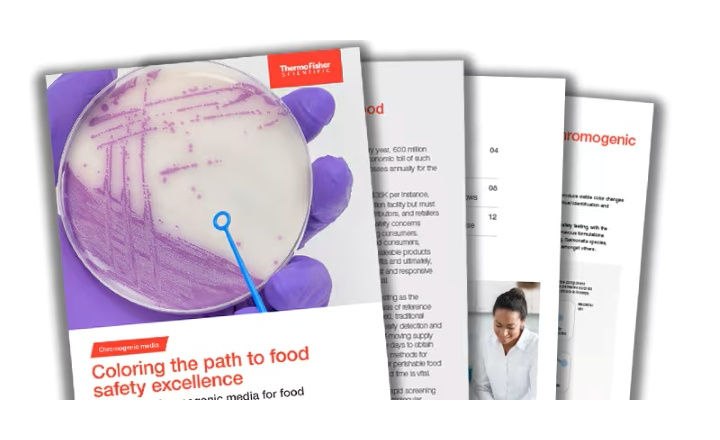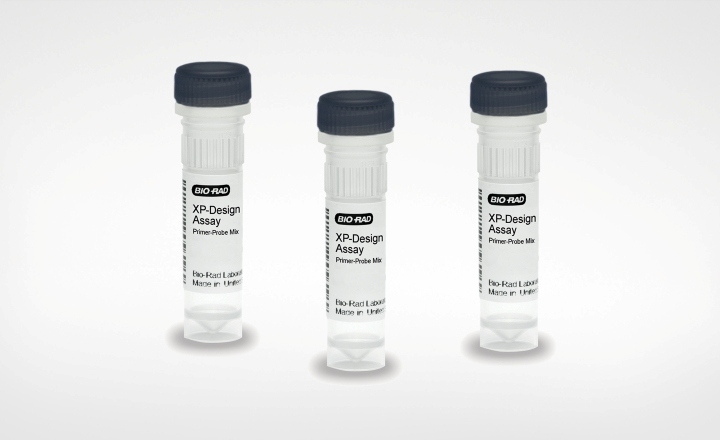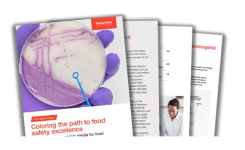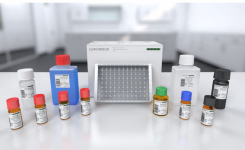In the journal Angewandte Chemie, a team from Tel Aviv University (Prof. Doron Shabat), The Zürich University of Applied Sciences (Prof. Lars Fieseler), Nemis Technologies AG (Zürich, Switzerland) and Biosynth AG (Staad, Switzerland) introduced a new, ultrasensitive, chemiluminescence-based method for the direct detection of Salmonella and Listeria monocytogenes. The study is titled “Ultrasensitive Detection of Salmonella and Listeria monocytogenes by Small-molecule Chemiluminescence Probes”.
The method is based on chemiluminescence – the emission of light resulting from a chemical process. The simplicity of the tests allows for both enrichment of the bacteria and their detection in a test tube, with no further sample preparation and therefore, no microbiology laboratory is required. The chemiluminescence probes have proven to be about 600 times more sensitive than conventional fluorescence probes.
The success of this technique is due to specially developed molecular probes combining a luminescent substance (a phenoxy-dioxetane) with a “trigger”. In this form the probe does not light up. The trigger is tailored to the bacteria to be detected; it is recognized by a specific enzyme produced by the pathogen – a special esterase in the case of Salmonella and a special phospholipase C for Listeria – that splits it from the luminescent part.
This enzyme initiates a chemical reaction that causes the luminescent molecule to split and emit a very intense green light. Tests with various bacteria demonstrated that the probe tailored to the Listeria test only reacts to Listeria monocytogenes, not to other, non-pathogenic, strains of Listeria. The sensitivity of the test allows first results after six to eight hours and same day detection can be achieved even with dried bacteria from food industry surface materials such as stainless steel.
Arnaud Muller, the company’s CEO, stated: “Excited by these findings; a great teamwork in developing our innovative technology. We are confident that our new method will be used more broadly to develop specific chemiluminescence probes relevant for the detection of a wide range of bacteria and point-of-care diagnostics. Additional detection kits are currently under development at NEMIS”.
Note: This content has been edited by a rapidmicrobiology staff writer for style and content.






















